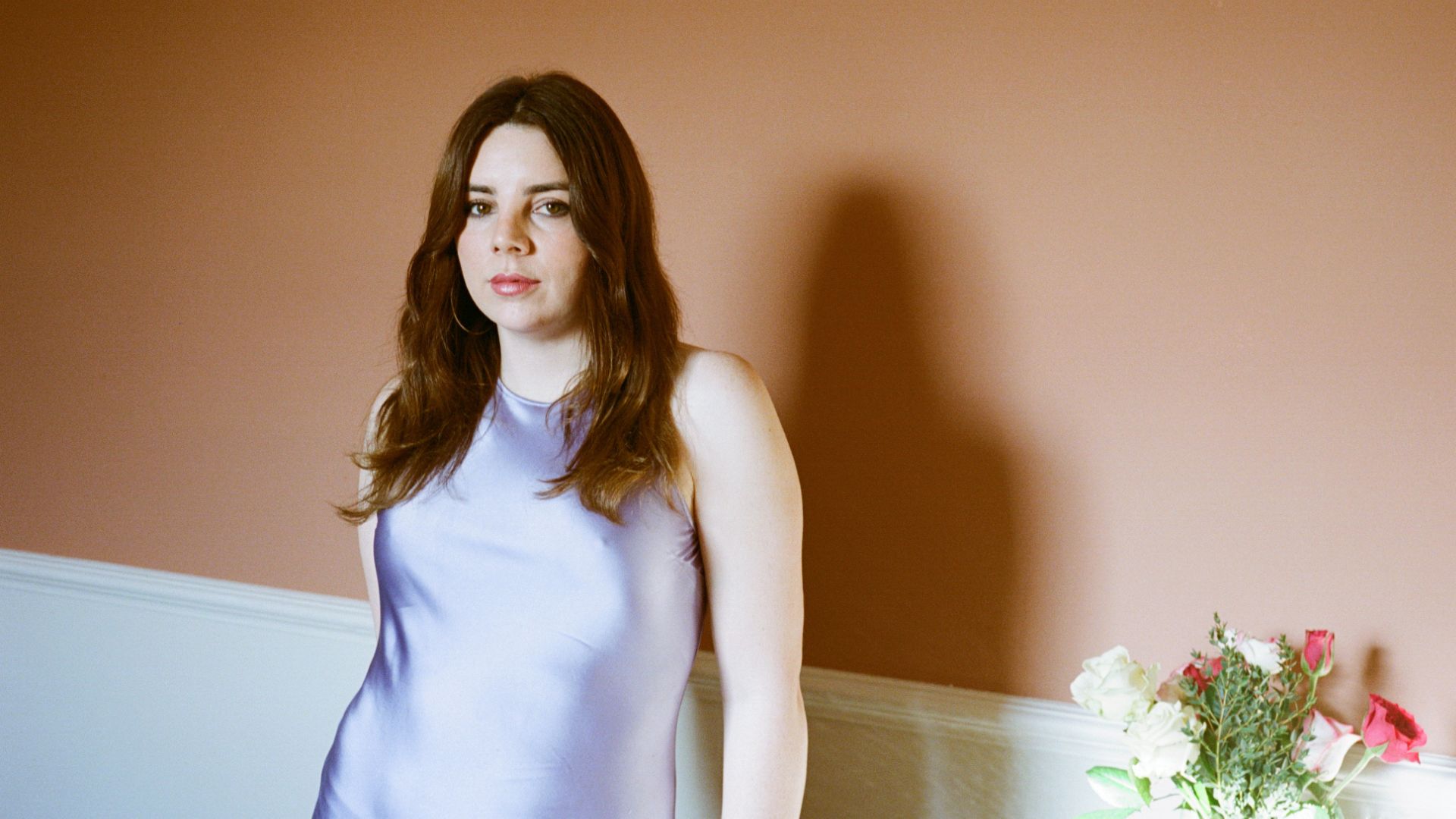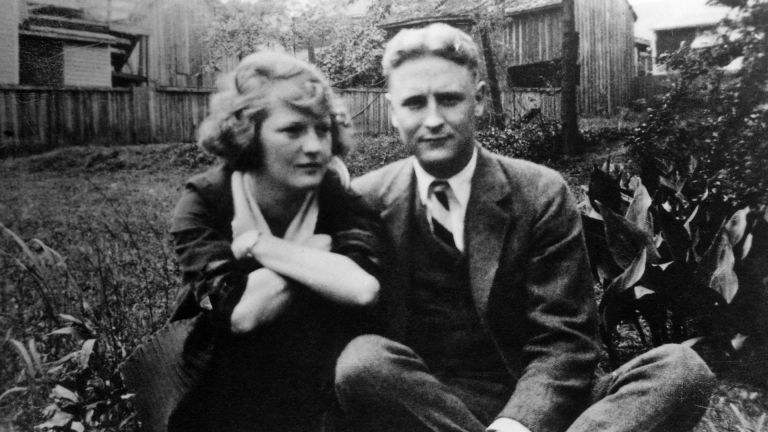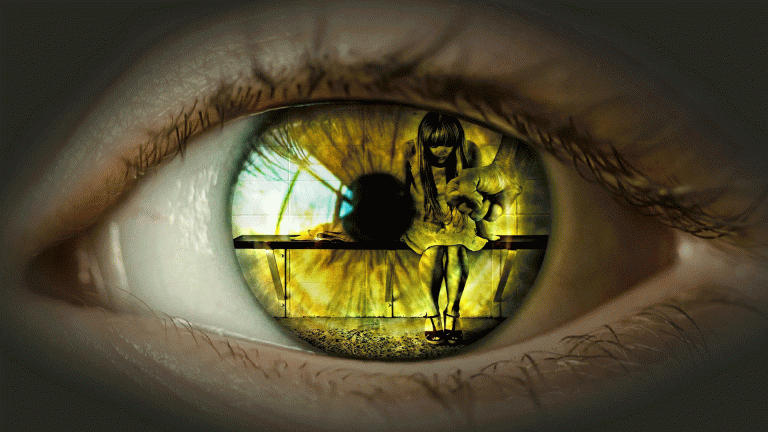In her 20s, Shon Faye felt that her transness “exiled” her from heterosexual romance.
The end of this relationship (with a straight man) felt like proof of this exile’s inescapability. “I was a failed girlfriend, which also meant I was a failed heterosexual, which was because I was a failed woman,” Faye writes.
But something else emerged too: a “banal universality” in the experience of heartbreak. The words ‘bad breakup’ solicit instant empathy; no “diversity and inclusion” training needed.
“Being a trans woman, my experience is so often [described] like something strange and separate from the rest of the population,” Faye says. “In fact, these are actually common points for most people of all genders. I thought it might be more interesting to, like, use myself as a starting point, but then to expand and keep excavating this topic of love.”
According to a 2022 study by YouGov, some 58% of people in the UK believe they’ve failed at love at least once; 44% of Americans report feeling “unlucky in love” at some point in their lives.
As Faye puts it, “We ache for love, but love eludes us.” In Love in Exile, she digs into why this is. Spoiler alert: You’ve not been missed by cupid’s arrow – it’s capitalism’s fault.
Advertising helps fund Big Issue’s mission to end poverty
“This thing we call romantic love, is actually only about 200 years old,” Faye says. “It’s not this natural arrangement.”
Marriage has historically been largely a social and economic arrangement, the book argues, a strategic alliance between families. Property, lineage and social status mattered; Passion seldom figured. The ancient Greeks saw it as a kind of divine curse, while ‘courtly love’ of the medieval era was always extramarital.
This all changed in the 19th century, Shon Faye argues, when budding romanticism and the needs of industrial capitalism coalesced.
“There’s the Romantic movement, these poets and painters talking about passionate love as an almost spiritual experience. And then we industrialise, and there’s a new kind of working force, and that really strengthens the need for this nuclear family,” Faye adds.
“And this idea [becomes common] that women do all the domestic labour for free, and men are, broadly speaking, the factory workers… the heteronormative family unit becomes economically very important.”
We still have this model, she says. But things are getting worse, because successive cost-cutting governments have denuded our lives of other sources of love.
Advertising helps fund Big Issue’s mission to end poverty
Austerity shuttered libraries, community centres and youth groups. Britons’ sense of belonging to their community has plummeted in recent years.
Meanwhile, the world is getting harder: our working lives have become more precarious, our labour rights are diminishing, benefits have been cut, the welfare state is failing.
“Mark Fisher talks about this in his book Capitalist Realism, and it’s funny because that book so beloved by so many of the men that I’ve dated,” Faye says.
“He says something like, [under capitalism] ‘The couple become the sole source of effective consolation for each other… we’re not religious as a culture in the UK anymore, so there’s this idea of finding something to make things easier.”
Arch-capitalist Margaret Thatcher famously denied the existence of society; “There is no such thing – there are individual men and women and there are families.”
And if there are only men, women and their families, romantic and parental love are the only types of love we value.
Advertising helps fund Big Issue’s mission to end poverty
“Music, art, the Hollywood films… all reassert this idea that, like, romantic love is the superior form of love, that it gives our life meaning,” she says. “If you don’t have it, it’s because something’s wrong with you.”
“And so we’re vulnerable when consumer capitalism sells us these fantasies of lovability – buy this, eat this, look like this, and you’ll be lovable.”
Queer people are often left out of these highly-politicised boundaries of lovability, but it’s more universal than that. In a world where self-loathing turns a profit for companies, everyone is made to feel like a failure – at least some of the time.
“Which is obviously so depressing,” Shon Faye adds.
Nonetheless, the book does not ultimately make for depressing reading. In many ways, it’s a love letter to love – the types of love found in community, among friends, and – if they’re done right – within relationships.
Even in our bleak world, there are other sources of love and “consolation” – if you know where to look.
Advertising helps fund Big Issue’s mission to end poverty
“I suppose the crux of it is love may feel elusive, but it is there for us, it is around us,” Faye says. “We just have to have enough of a perspective shift to receive it.”
Comforting words for anyone feeling disenchanted with Valentine’s Day adverts.
Do you have a story to tell or opinions to share about this? Get in touch and tell us more. Big Issue exists to give homeless and marginalised people the opportunity to earn an income. To support our work buy a copy of the magazine or get the app from the App Store or Google Play.










